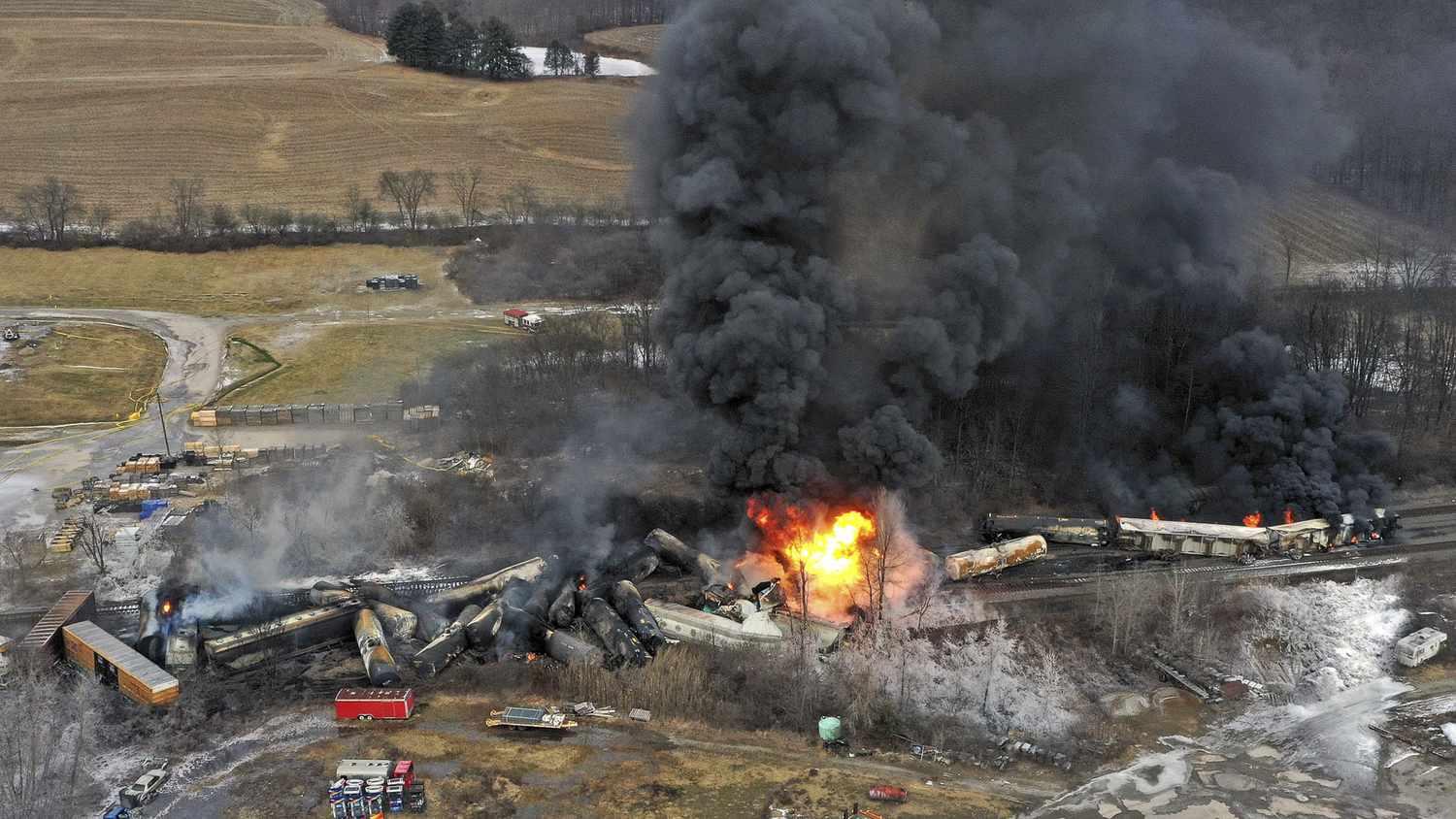Will the US Senate approve the Railway Safety Act?

The US Senate Committee on Commerce approved the Railway Safety Act (RSA) of 2023 on Wednesday 10 May. This bill includes higher safety standards and harsher penalties for companies responsible for accidents. The next step is a press conference held by US Senator Maria Cantwell, which will be held today, Wednesday 17 May at 5:15 pm (Eastern Time).
At the press conference she will discuss with Mayors and local officials the importance of having the Senate pass the RSA. As mentioned by Senator Cantwell, “this bipartisan legislation is focused on learning the lessons from East Palestine and helping us to avoid future accidents”. East Palestine is the town in Ohio where a disastrous rail accident at the beginning of February shook the country.
The Railway Safety Act of 2023
The RSA was lobbied by both the Democratic and Republican sides being led by Senators Sherrod Brown and James David Vance. The bill would force companies to deploy hot-bearing detectors every 15 miles, whereas the current procedure is on a voluntary basis and the average distance between them is 25 miles. The RSA also increases the maximum fines that the US Department of Transportation can impose on rail companies violating safety regulations from 100,000 to 10 million US dollars.
Moreover, the RSA introduces new rules when it comes to on-board crews. “This legislation requires at least a two-man crew on board (…) and to have the person on board respond in the event of an emergency”, said Senator Cantwell. Moreover, if the bill passes, 10 additional million dollars will be allocated for the reimbursement of first responders for overtime and equipment costs. The RSA will also extend the list of chemicals that trigger better safety requirements, including vinyl chloride, the gas that caused most issues in the Ohio derailment.
With the new bill, railway companies will have to notify states about the types of hazardous materials transported and their frequency. Finally, the RSA will prohibit railway companies from imposing time requirements for the inspection of wagons. As the Committee pointed out, Norfolk Southern, one of the largest US railway companies, recommended its employees spend only 30 seconds inspecting a wagon. The bill will require wagons to be thoroughly inspected at least once in five years to make sure that all components are working properly.
The Ohio Accident and its aftermath
On the evening of Friday 3 February, 38 out of a 150-wagon convoy derailed near the Ohio-Pennsylvania border, damaging 12 additional wagons. The derailment was caused by a wheel being overheated. Out of the 50 wagons that were involved, 11 were carrying hazardous goods, some of which leaked into the city river and storm drains. The vinyl chloride contained in five containers was resealed and burned by the competent authorities, sparking fears of long-term side effects on the population.

Already in March, the seven largest railway companies in the US pledged to adopt new rules to improve their safety. However, if the RSA is approved by the Senate, its regulations will become mandatory for these companies. Their implementations, especially when it comes to increasing the number of hot-bearing detectors, have been met with some concerns. The Brotherhood of Railroad Signalmen trade union, assigned with this specific task, already pointed out that they are lacking the personnel to carry out such a task.
RailFreight Webinar: US vs Europe
If you are interested in finding out more about the differences between the US and Europe concerning rail freight, join our webinar on Thursday 25 May at 10 am (Central European Time). You can read more about the webinar here and you can register here.
Also read:




